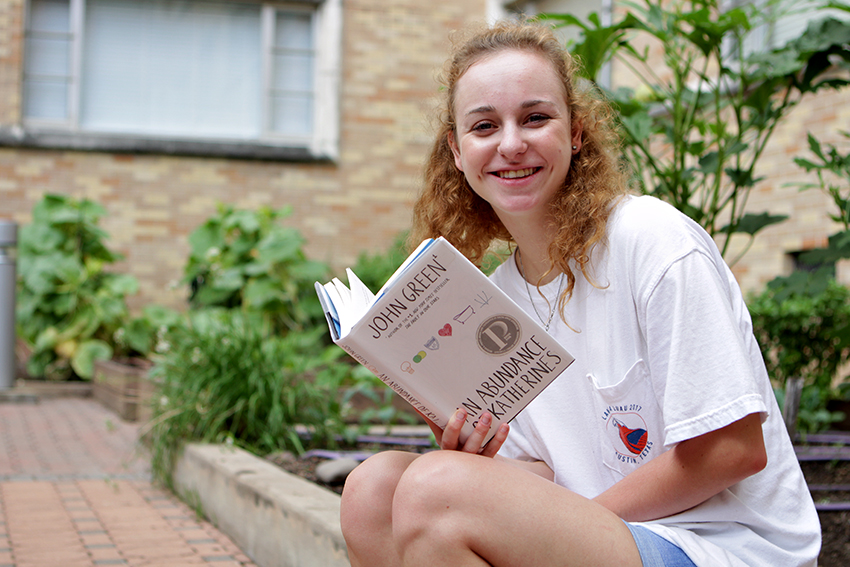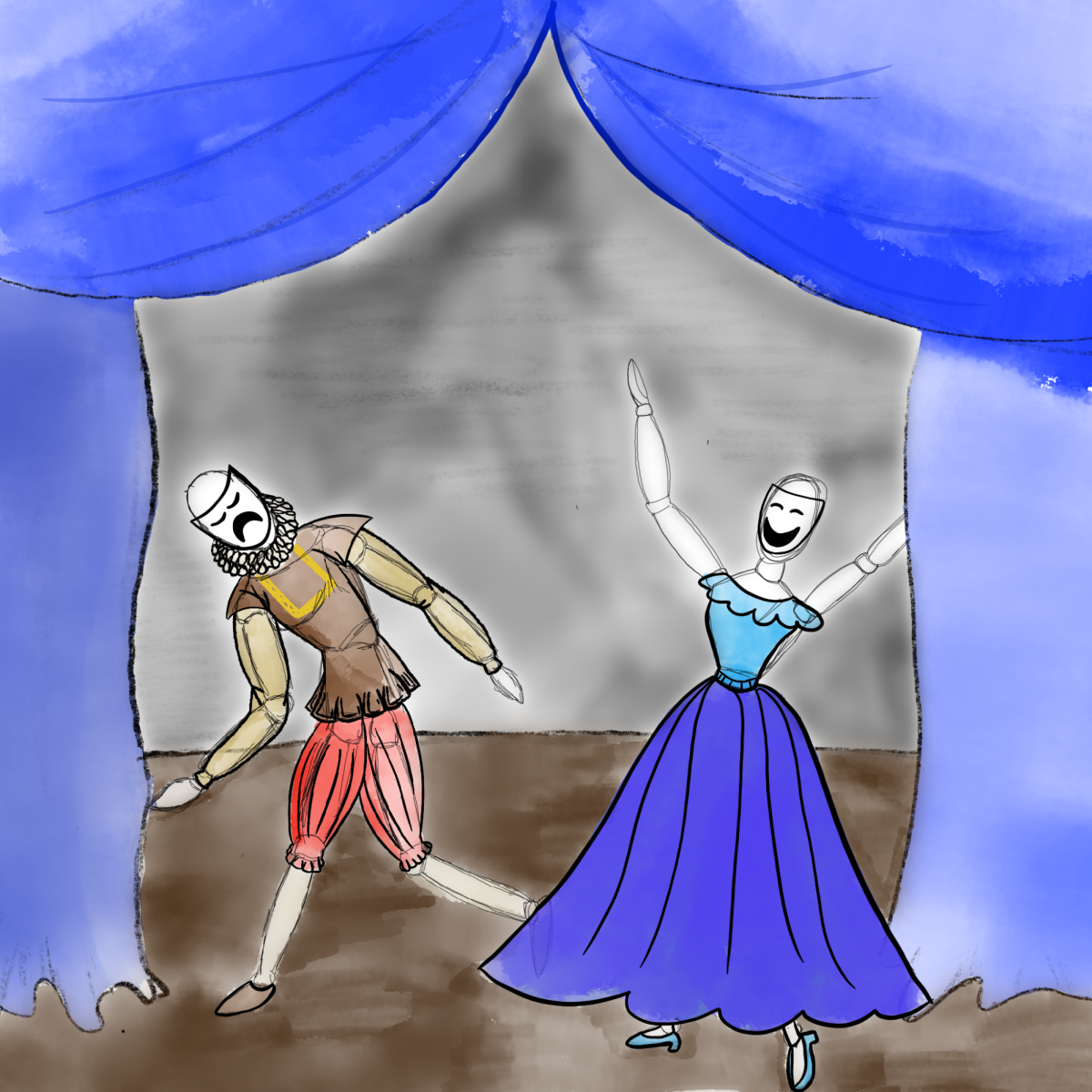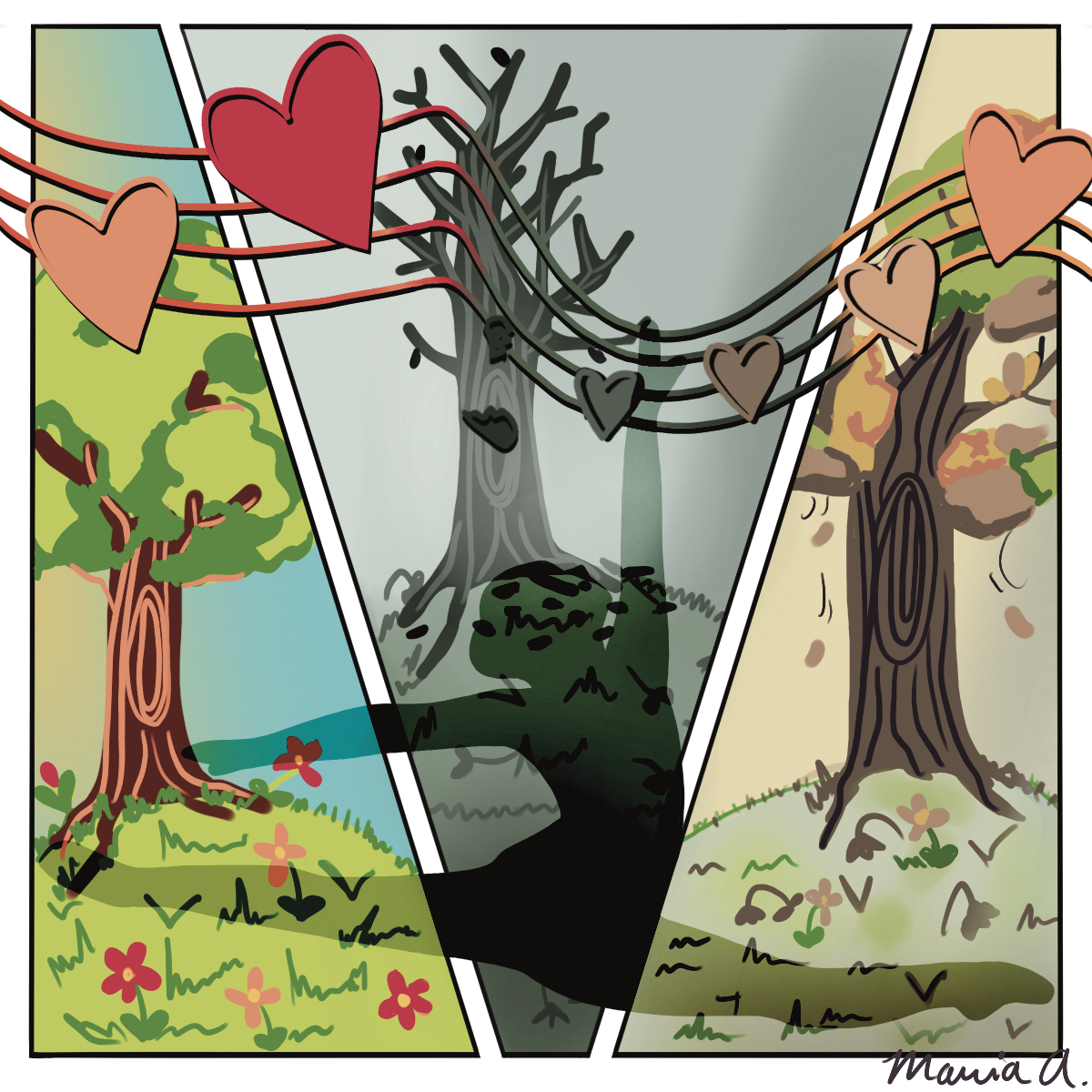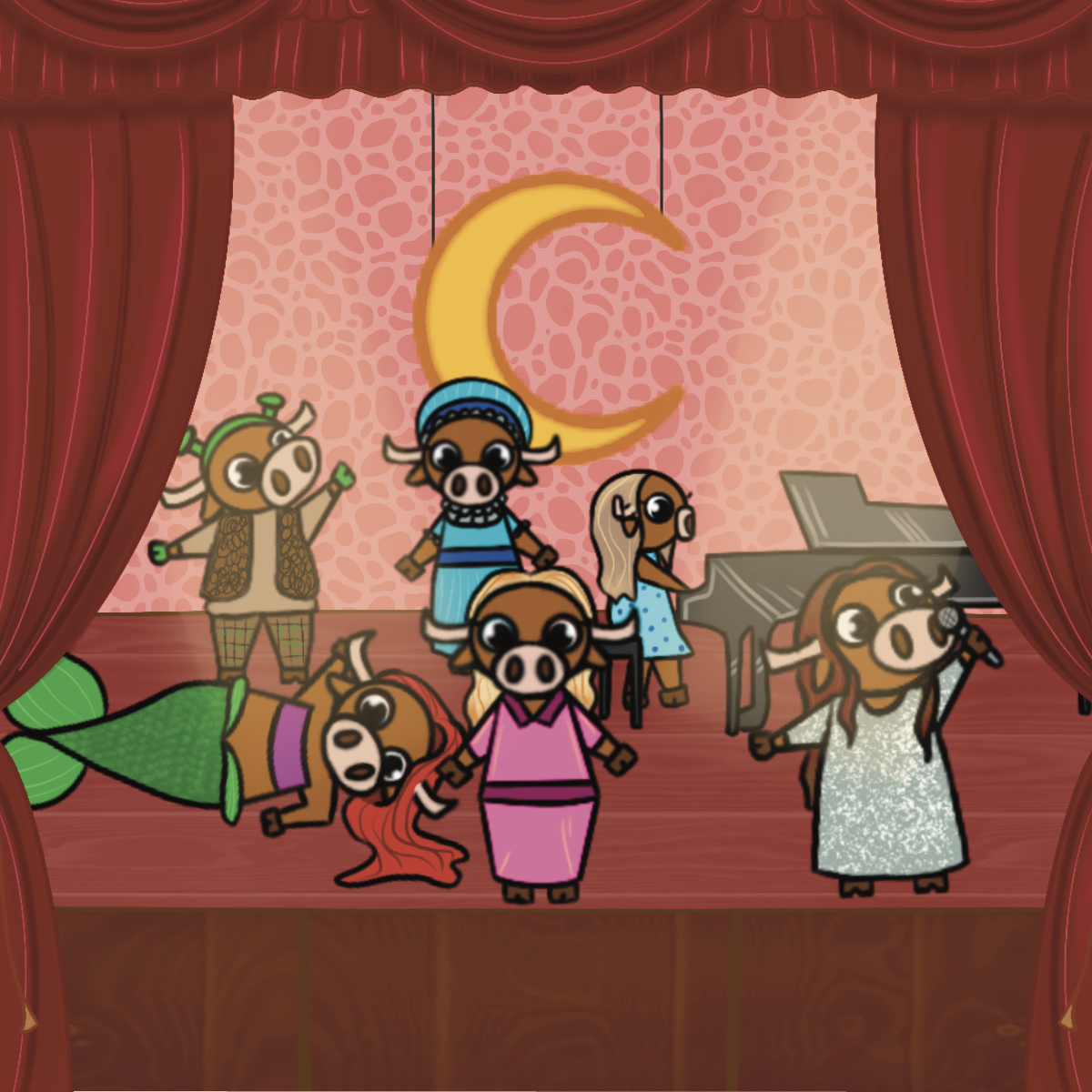John Green’s literary world has become a safe haven for some and an addiction for many. Next week, he returns with his new novel “Turtles All The Way Down” — a mystery quite distant from turtles and philosophy.
The book, to be released on Oct. 10, will tackle mental health, a pressing issue among young adults and familiar territory for Green. “Turtles All the Way Down” promises to shed a light on these themes while providing the thrills of a mystery novel. For some UT students, Green’s books have already proved therapeutic.
As a high school student, undeclared sophomore Clara Grosenbacher said she felt misunderstood by the people around her but didn’t quite know how to express this feeling. That was, until she read “Looking for Alaska” by John Green.
“It was strange reading those books, and at one point I was like, ‘Oh my God, someone put this into words,’” Grosenbacher said.
After also feeling lost in her early teens, government and theater arts sophomore Carleigh Newland said she attended promotional tour for “The Fault In Our Stars” while in middle school, where she was inspired to look further into Green’s work. She said the cast and audience created such an open and loving atmosphere that it made her feel accepted.
“Middle school is a hard time for a lot of people, and (the event) was a very open community, (talking) about the world and your place in it but in a way that was
positive,” Newland said.
More than simply providing a feeling of belonging, John Green’s books have become a coping and expression mechanism for teens and young adults dealing with issues such as depression. Grosenbacher, for example, said the books gave a voice to her struggles when she dealt with depression.
English associate professor Domino Perez taught a young-adult fiction class at UT and has had students tell her Green’s books saved their lives. She said she feels Green’s writing is comparable to John Hughes’ storytelling through film in the 1980s and 1990s, as they were both able to touch on relatable, current social issues of their time.
“(Hughes) was very good at laying bare class issues,” Perez said. “What John Green did was focus on issues (such as) suicide, mental health, abuse — things that people didn’t talk about.”
Perez said Green’s writing has played an important role in lessening the stigma surrounding subjects such as mental health, depression and abuse for future generations.
“Growing up, having that taboo lifted will be transformative for the next generation, because they will feel less afraid to talk about these issues with their
children,” Perez said.
Before “The Fault In Our Stars” garnered international attention, English sophomore Hailey Kriska said she was attracted to Green’s writing because of the life lessons his books taught her.
“Every time I read the same book again, it is like unfolding layers to myself,” Kriska said. “Growing up reading him (felt like) ‘Oh, that character has that quirk, I have that quirk, if they can have it (and) things are kind of working out for them in the book, why can’t they work out for me, too?’”
Now, Kriska said she is anxious and excited to see the way Green brings to life issues of mental health and wellbeing, which hits close to home for her.
“It is stressing me out in a good way,” Kriska said. “I feel like (the character) is going to be my shadow and we are going to be on the same wavelength (and) it is going to break my heart in a good way.”





















